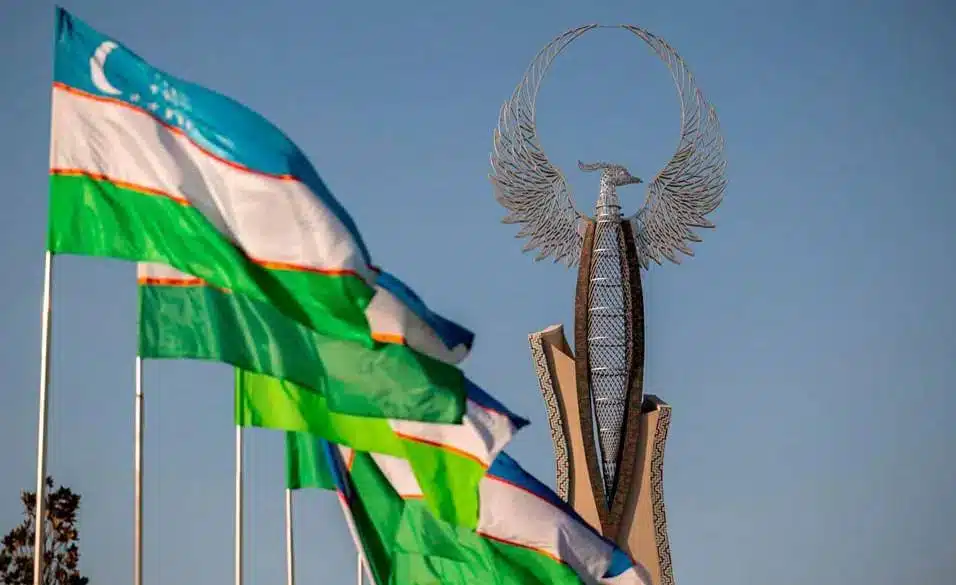
In the world, ensuring the rights, freedoms, and legitimate interests of individuals, including their right to protection, is a priority for the state. Due to the fact that in judicial and investigative practice, the level of legal knowledge among citizens is often insufficient, individuals may not be able to effectively protect their rights and interests on their own, which can lead to their violation.
The legal reforms implemented in the Republic of Uzbekistan are aimed at establishing a criminal justice system based on the principle of equality between the parties. These reforms are grounded in the Constitution, which outlines fundamental principles and guarantees designed to protect the rights of citizens.
- The principle of equality of all before the law and the court. The Constitution of the Russian Federation enshrines the fundamental principle of equality of all citizens before the law and the court, which does not depend on social status, nationality, religion and other factors. This principle serves as the basis for a fair hearing of cases and protection of the rights of all participants in the judicial process.
- The right to judicial protection. Every citizen has the right to judicial protection of their rights and freedoms, which includes the possibility of going to court to defend their interests. This right also implies the right to a fair and independent hearing of the case.
- The presumption of innocence. The Constitution establishes the presumption of innocence, according to which every accused person is considered innocent until his guilt is proven in accordance with the procedure established by law. This principle protects the rights of the accused by preventing unfounded accusations.
- Prohibition of the use of torture and other forms of ill-treatment. The Constitution prohibits the use of torture, violence and other forms of cruel or degrading treatment. These measures are aimed at ensuring the safety and respect for the rights of participants in the criminal process.
- The right to qualified legal assistance. Each participant in the criminal process has the right to receive qualified legal assistance, which is provided by the provision of a lawyer or defender representing the interests of the participant in the process.
- Compliance with procedural rules. The Constitution requires compliance with procedural norms when considering criminal cases, including compliance with deadlines, the procedure for conducting investigative actions and court sessions, as well as ensuring the rights of participants in the process to familiarize themselves with the case materials and participate in court proceedings.
- Guarantees of personal integrity. The Constitution guarantees the inviolability of the person, which excludes the possibility of detention or arrest without a court decision. This protects the rights of citizens involved in the criminal process from arbitrary actions by law enforcement agencies.
- The rights of victims. The Constitution recognizes the rights of victims of crimes. They have the right to compensation for the damage caused, which helps to protect their interests and ensure justice in the criminal process.
- Independence of the judicial system. The Constitution enshrines the principle of judicial independence, which guarantees an impartial and fair hearing of criminal cases without outside interference.
The Constitution of the Republic of Uzbekistan serves as a crucial instrument in safeguarding the rights of individuals involved in criminal proceedings. This fundamental document lays out the fundamental principles and safeguards that guarantee a fair and compassionate adjudication of cases, protecting the rights of both the accused and the victims, as well as other participants in the legal process. Adherence to these principles not only fosters the upholding of law and order within the nation but also bolsters citizens’ trust in the judicial system.
Associate Professor of the Department of Criminal Procedure Law of Tashkent state university of law, PhD in Legal SciencesBakhram Khudaybergenov

